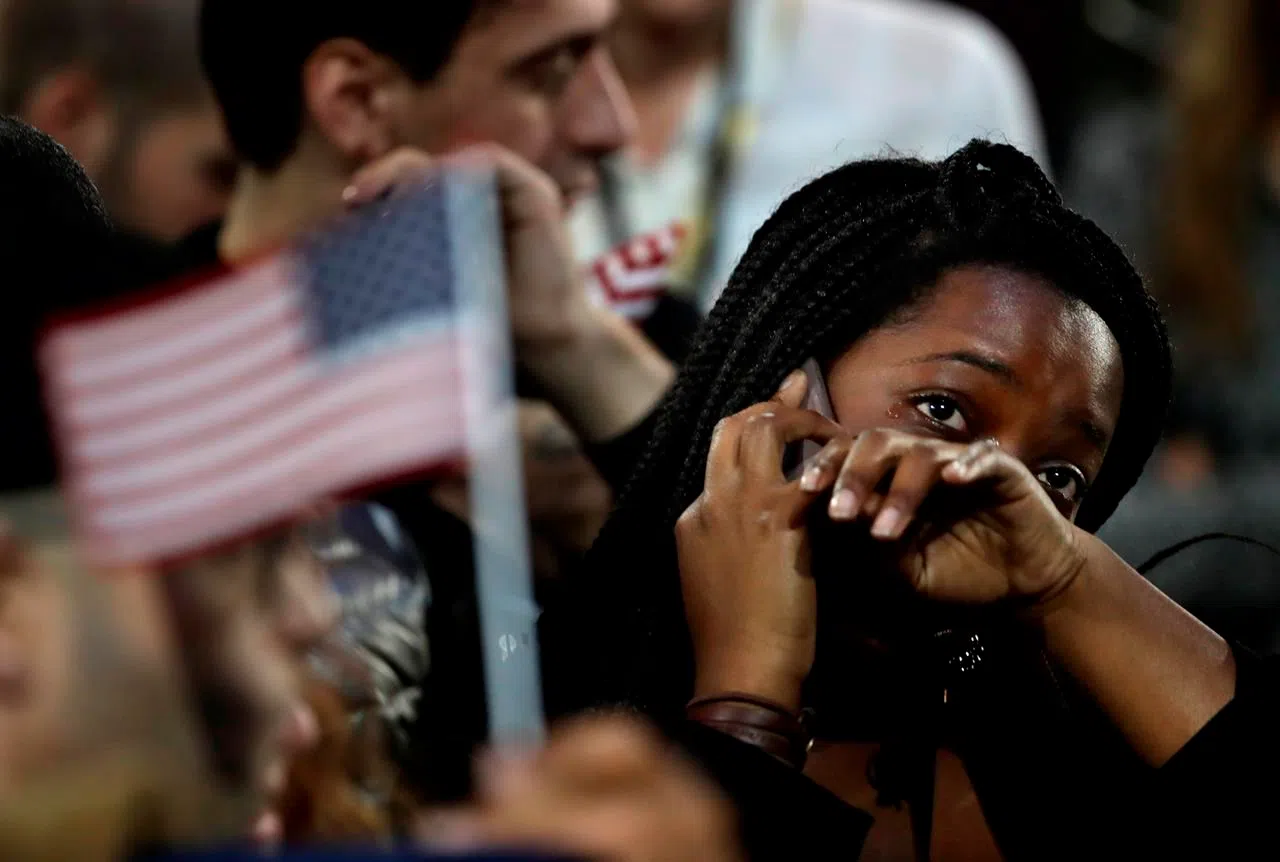
Poll: Young Americans fear they will be worse off post-Trump
NEW YORK — As Donald Trump approaches his inauguration, young Americans have a deeply pessimistic view about his incoming administration, with young blacks, Latinos and Asian Americans particularly concerned about what’s to come in the next four years.
That’s according to a new GenForward poll of Americans aged 18 to 30, which found that the country’s young adults are more likely to expect they’ll be worse off at the end of Trump’s first term than better off. Such young Americans are also far more likely to think Trump will divide the country than unite it, by a 60 per cent to 19 per cent margin.
Fifty-two per cent of young whites, 72 per cent of Latinos, 66 per cent of Asian-Americans and 70 per cent of blacks think Trump’s presidency will lead to a more divided nation.
“Minority people are very afraid of all the rhetoric that he ran upon (in) his campaign,” said Jada Selma, a 28-year-old African-American graduate school student living in Atlanta. “Anytime he mentioned black people, he would talk about poor people or inner city. He would think that all of us live in the inner city and that we’re all poor.”

